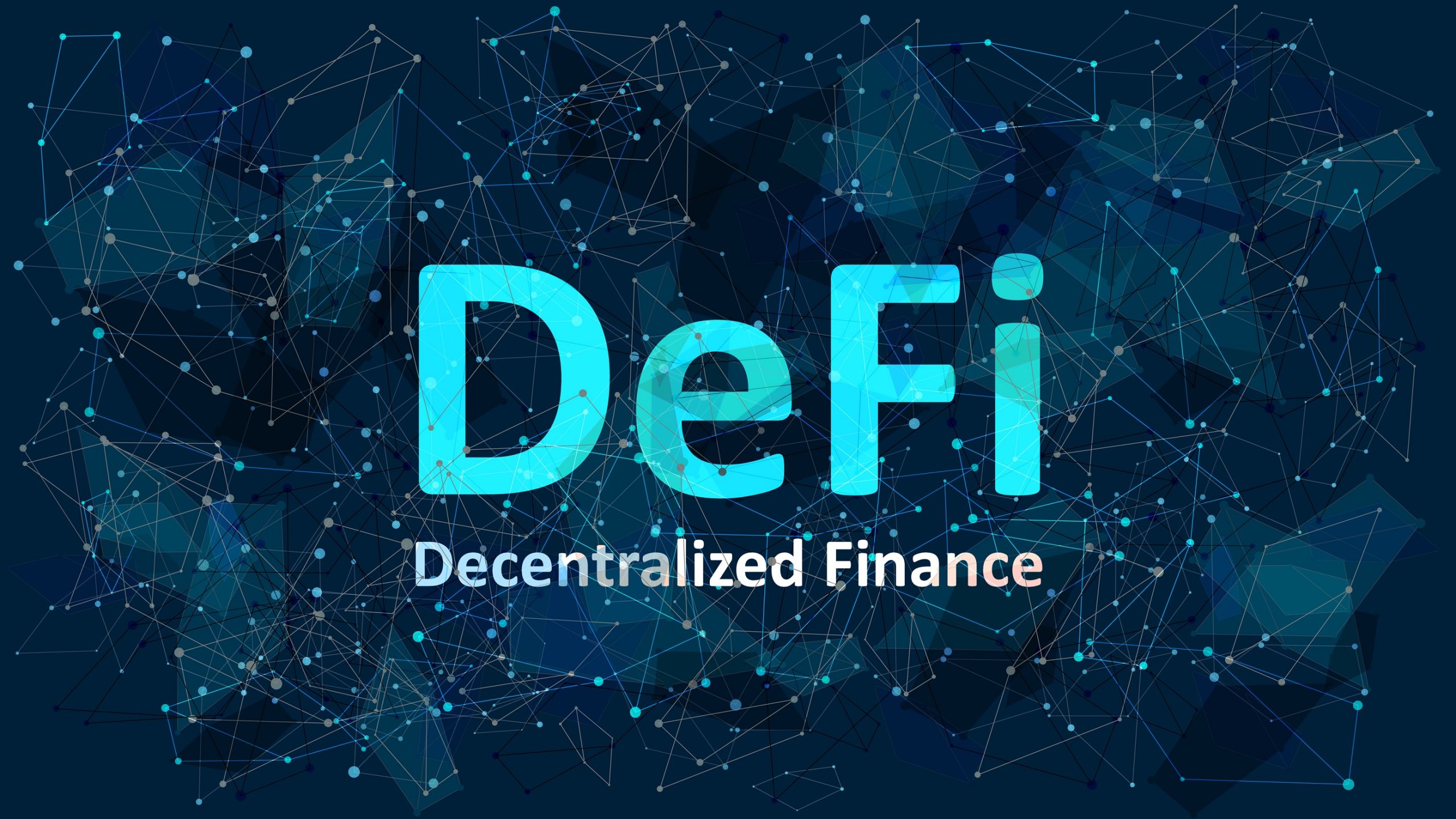Introduction
The marriage of blockchain technology and decentralized finance (DeFi) is revolutionizing the financial landscape, reshaping the way we conceive, access, and interact with financial services. As blockchain provides a secure and transparent foundation, DeFi platforms leverage this technology to create a decentralized and inclusive financial ecosystem. This article explores the symbiotic relationship between blockchain and decentralized finance, examining the core principles, applications, and the transformative impact on the traditional financial sector.
Decentralization and Security
Blockchain, the underlying technology of cryptocurrencies, introduces decentralization and security to financial transactions. Decentralized ledgers ensure that no single entity has control over the entire network, enhancing transparency and mitigating the risk of fraud.
Smart Contracts
Smart contracts, self-executing contracts with predefined rules written into code, enable programmable and automated financial processes. These contracts execute automatically when conditions are met, reducing the need for intermediaries and streamlining financial transactions.
Open and Permissionless Access
DeFi platforms operate on the principle of open and permissionless access. Anyone with an internet connection can participate in DeFi services, democratizing financial access and fostering financial inclusion on a global scale.
Interoperability
Interoperability is a key feature of DeFi, allowing different blockchain-based financial services to seamlessly interact. This interoperability enhances the efficiency and flexibility of decentralized finance applications.
Decentralized Exchanges (DEX)
Decentralized exchanges facilitate peer-to-peer trading of digital assets without relying on traditional intermediaries. These platforms use smart contracts to automate trading and enhance liquidity.
Decentralized Lending and Borrowing
DeFi platforms offer decentralized lending and borrowing services, allowing users to lend their digital assets and earn interest or borrow assets based on collateral. Smart contracts automate the lending process, eliminating the need for traditional financial institutions.
Yield Farming
Yield farming involves users providing liquidity to DeFi platforms in exchange for rewards, often in the form of additional tokens. This incentivizes users to contribute to the liquidity pools, enhancing the overall liquidity of the platform.
Liquidity Mining
Liquidity mining is a mechanism where users earn tokens by contributing liquidity to specific pools. This process not only benefits the platform by increasing liquidity but also rewards users for their participation.
(DEX)
Decentralized exchanges facilitate peer-to-peer trading of digital assets without relying on traditional intermediaries. These platforms use smart contracts to automate trading and enhance liquidity.
Smart Contract Risks
While smart contracts automate processes, they are not immune to vulnerabilities. Security risks, including coding errors and exploits, pose challenges to the stability and security of DeFi platforms.
Regulatory Uncertainty
The regulatory landscape for decentralized finance is evolving, leading to uncertainty in some jurisdictions. The lack of clear regulations raises questions about compliance and the long-term stability of DeFi platforms.
Integration with Traditional Finance
The future of DeFi may see increased integration with traditional finance. As regulatory frameworks evolve, collaboration between decentralized and traditional financial systems could become more commonplace.
Improved User Experience
Enhancements in user interfaces and user experience are expected to drive DeFi adoption. User-friendly interfaces and simplified processes will make decentralized financial services more accessible to a broader audience.
Conclusion
Blockchain technology and decentralized finance are reshaping the financial industry, challenging traditional norms, and creating a more accessible and inclusive financial ecosystem. The principles of decentralization, security, and open access championed by blockchain lay the foundation for DeFi platforms to thrive.As the decentralized finance landscape continues to evolve, addressing challenges such as regulatory uncertainties and smart contract risks will be crucial. The collaborative efforts of innovators, regulators, and the broader financial community will determine the trajectory of decentralized finance, shaping a future where financial services are not only decentralized but also more equitable and accessible to all. The fusion of blockchain and decentralized finance represents a transformative shift, offering a glimpse into a future where financial empowerment is a global reality.

